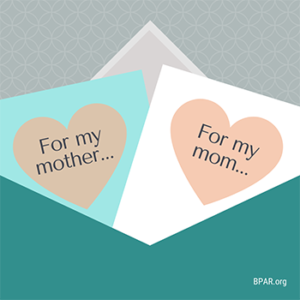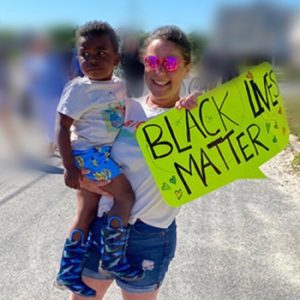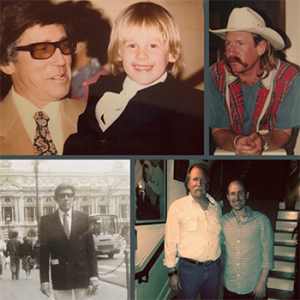Parenting
How to Nurture Your Adopted Child and Yourself this Pandemic Mother’s Day
Mothers are warriors this year more than ever. Many of the core issues we see in adoption mirror how we feel about life during this pandemic. How can we help our children regain control and feel safe as Mother’s Day approaches? How can we take care of ourselves?
Read MoreBig Feelings – A Parenting Guide to Understanding the Emotions Behind Behavior
Tantrums. Meltdowns. Tears. It might look like your child is throwing a toy, but what could that behavior be communicating to you? Often, children who have been adopted or experienced time in foster care face additional challenges in managing their emotions. Learn how to respond in moments of distress and support them as they learn the skills necessary for self-regulation.
Read MoreImages and Talk of Violence — How Parents Can Help Kids Cope
Images and talk of violence, instability and unrest can disrupt a child’s sense of safety. In BPAR’s post adoption work, trauma is already a theme we commonly address. Here’s how parents can offer reassurance, open a dialogue, and monitor for the need for professional help.
Read MoreLearning How to Raise a Child of Another Race – My Journey As an Adoptive Parent
Two and a half years ago I met my son, who is black, and just having him in my life has enlightened me to so much. Since then, as an adoptive parent, I have become more and more thirsty to educate myself about race, white privilege and what it means to be in a healthy transracial family.
Read MoreRemembering My Dads As I Hold My Boys
“I’ve seen two dead bodies in my life, and they were both my father. Maybe that sounds like a riddle. Or like a story with a hole at the center. But adoption, you see, is complicated. Because for adopted people there is a hole at the center of our story.”
Read More



